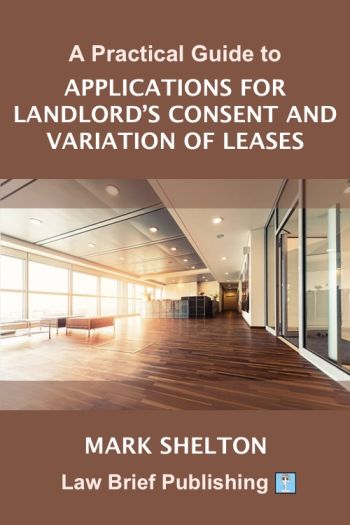
Landlord’s consent is required for a variety of things that their tenants may wish to do: assign the lease; sublet; carry out alterations to the property; change the established use; and a range of others. It’s understandable that landlords wish to protect their investment, and therefore retain control over what tenants can do; and equally understandable that tenants seek flexibility to deal with the property in whatever is the most beneficial manner for them.
How the tension between these competing objectives is resolved by provisions in the lease may have important monetary consequences for both landlord and tenant, affecting the marketability and the rental value of the property. Issues of landlord’s consent have been considered important enough to merit legislative action on a number of occasions, and in some respects have changed the balance of power between landlord and tenant very significantly.
As a result of this combination of contract and statute, there is often scope for dispute as to whether the landlord is acting reasonably in refusing consent, or in imposing conditions upon the grant of consent, or just in the manner in which it is dealing with the application. A considerable body of caselaw exists on these matters, as well as guidance in codes and protocols which may be non-binding but which are increasingly persuasive.
Work of this sort is often regarded by clients as being routine and straightforward, and may therefore be delegated to junior staff. The challenge is compounded by the fact that grant of consent may often also involve variation of the lease, whether explicitly recognised or not. Lease variations carry their own range of issues: some about the required formalities and other purely technical aspects, and others about much more immediate concerns such as the effect of variations upon the liability of guarantors and former tenants.
This book is a practical guide to the conduct of applications for consent, whether acting for landlord or tenant, as well as to the implications of varying the lease. It is intended to be of assistance to general practice solicitors and surveyors.